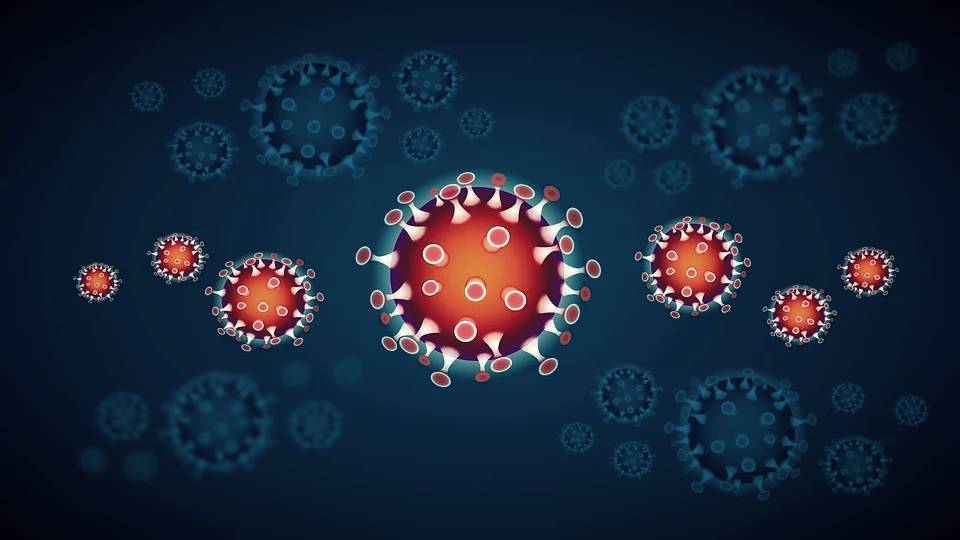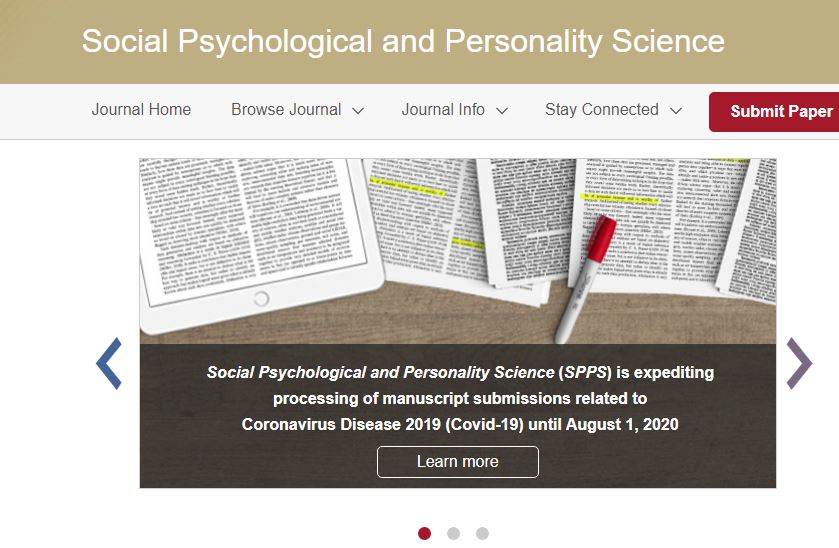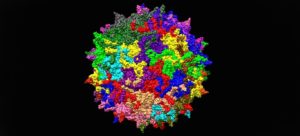Scientists have discovered how psychopaths spread the coronavirus

and are prepared to sneeze and touch surfaces deliberately if they are infected with the coronavirus. He admits that people who are susceptible to such behavior may play a leading role in the spread of infection.
Pavel Blagov, an American psychologist at Whitman College in Washington, warned that people with psychotic personality traits neglected social distance and other preventive measures in the pandemic, thereby endangering the health of others. We studied the details of a study published on the PsyArxiv preprint service. The research was published in the journal Social Psychology and Personality Science.

Personality traits of mental patients include deception, self-centeredness, inability to sympathize and repent, to be merciless to others, and taboo. It turns out that people with such characteristics often ignore doctor’s recommendations to prevent coronavirus.
Blagov interviewed 502 Americans. They answered questions about whether to follow coronavirus prevention measures, whether they plan to do so, and how they will behave if they are infected. The questionnaire also includes questions that reveal personality traits.
Most participants resolved this issue responsibly and followed the recommendations of WHO and the US Centers for Disease Control and Prevention.
“Encouragingly, the study participants usually stated that they respect the social distance and do not neglect hygiene, plan to continue to participate in these measures, and are prepared to take all necessary measures to protect the health of loved ones, acquaintances and strangers,” Blagov noted.
However, some participants have broken security rules and have certain personality traits.
The lower the degree of goodwill and sincerity expressed by the participants, the lower the frequency with which they adhere to suggestions related to social distance and hygiene. This is also a characteristic of evil and eclectic participants. In addition, in the second case, participants also believed that acceptable behaviors would infect others, such as sneezing in public places or touching frequently used surfaces.
Blagov explained: “People who score high on these characteristics if infected with COVID-19, will tend to consciously put others at risk of illness.”
He admits that only people with certain personality traits may become the “driving force” of the pandemic-although most people try to comply with security measures, they deliberately refused.
Blagov said: “Maybe a few people have special personality traits that disproportionately affected the pandemic without protecting themselves and others.”
However, this is only an assumption.
“Future research should aim to study actual (rather than self-reported) health behavior, and whether the behavior will be associated with personality traits, as in this work. Research should also test more ways to formulate Public health advice in order to find the most suitable language for the hostile group. Finally, it is important to study the basic mechanism of the connection between personality traits and behavior,” Blagov concluded.
As we all know, personality traits affect behavior, and the owners of triad traits (narcissism, Machiavellianism, mental illness) usually consciously put others’ health at risk.
This includes, for example, unsafe sexual practices where a carrier of HIV or another sexually transmitted disease engages in sexual contact without warning of the illness.
Earlier, another group of researchers found that compliance with safety measures during a pandemic was also affected by people’s extroverted tendencies-the more “open” people were, the less likely they were to stay away.
At the same time, integrity positively affects compliance with the measures-these people keep their distance and follow hygiene recommendations.
However, it is not absolutely necessary to distribute the coronavirus intentionally-it can cope with this task. British researchers found that once caught in the hospital bed, the virus will spread to the entire department within a few days by accidental contact. Scientists say this again shows the importance of disinfecting surfaces and washing hands.








